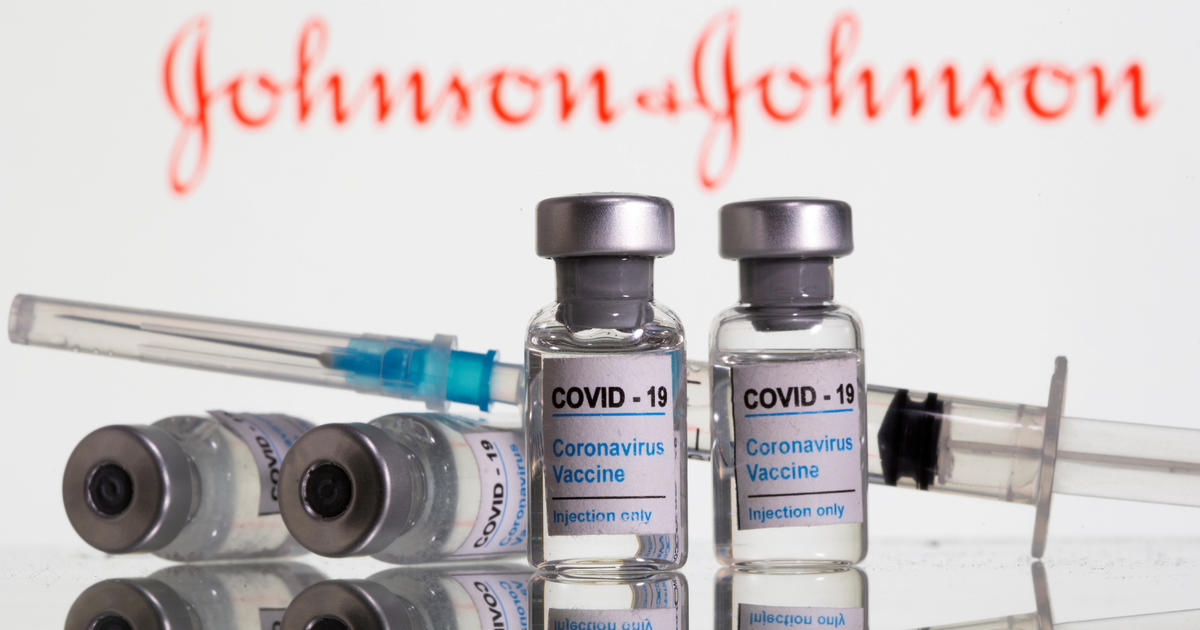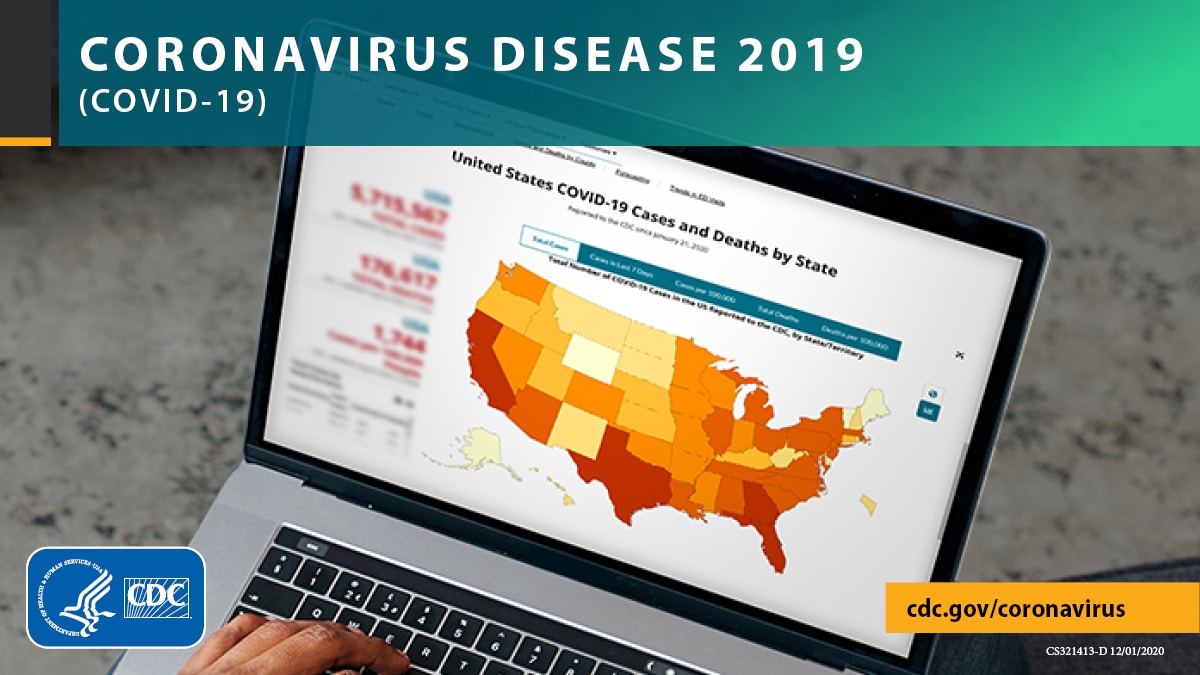Yes, we can now confirm that all these headlines are clickbait (be VERY skeptical of all headlines). It is a bit sad that the messaging is so so bad on this, because it's likely doing exactly what you fear - and what's more, the headlines are arguably fake news (literally, the headlines are true, but that's not the point).
A better headline would be: "Pfizer Vaccine Demonstrates Ability To Stop B.1.351 Spread in Israel"
This turns out to be true. Hooray.
I interpreted correctly.
Here is the information
from an author of the study, it is a much shorter summary of my post above.
Short story is the Pfizer vaccine is stopping B.1.351 dead in its tracks in Israel. Is it 95% effective against B.1.351? Probably not (as expected based on correlates of protection for which correlation has not been established yet

). But it doesn't need to be. It's probably in the 75-85% effective range (just a guess - we really have no idea and it's actually a little difficult to measure effective against a (rare) specific variant):
End of the thread (mic drop!):
So far, the mRNA vaccines approved in the US continue to devastate all variants that come their way. Hopefully the virus won't come up with anything trickier (at least, not on a timescale that beats the updated vaccines, which will likely be closer to any escape variant that arises) but obviously that is TBD. Note that the CDC currently has found no known
variants of high consequence.
And this does seem to confirm that in the presence of B.1.1.7, the single-dose strategy (delay second dose) may be less effective. (It may still be the right thing to do, but the benefit is very likely less than with wild type.)
Cases, data, and surveillance to track and analyze COVID-19.

www.cdc.gov





